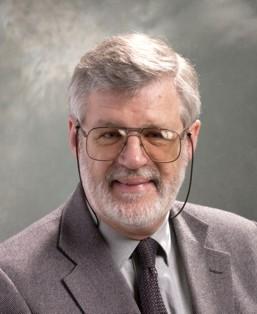Seminar 21st April 2010 2:30 p.m. Eustice Building, Lecture Room 5/2015, University of Southampton
Thermodynamic Modelling of Energy Systems : Insights and Constraints
Professor Geoffrey Hammond
International Centre for the Environment, University of Bath
- Web page
- http://staff.bath.ac.uk/ensgph/
- Categories
- Climate
- Submitter
- Petrina Butler

Professor Geoffrey Hammond, Director, Institute for Sustainable Energy and the Environment, University of Bath
The United Kingdom’s government is committed by their 2007 Energy White Paper to developing a sustainable energy economy in the 21st Century, and to taking a lead in reducing carbon dioxide emissions amongst the industrialised countries. A target of reducing these emissions by 80% over the 1990 level has been adopted. The only way in which this fall could be achieved is by significantly reducing primary energy consumption. This requires the widespread adoption of energy-saving measures across the economy. It is in this area that thermodynamic analysis can make a major contribution to identifying where 'improvement potential' lies. Energy options are inevitably constrained by thermodynamic limits on individual plant and the sector as a whole. Both the First and Second Laws of Thermodynamics are required to obtain a proper understanding of the physics underlying energy systems. The use of thermodynamic (energy, 'exergy', and related) methods drawn from these laws will be illustrated by a number of cases relevant to the UK energy sector: electricity generation, combined heat and power schemes, micro-generators (micro-wind turbines, solar hot water systems, solar photovoltaic cell arrays, and the like), and energy productivity in industry. Poor thermodynamic performance is principally the result of 'exergy' losses in combustion and heat transfer processes. Other methods for generating policy advice, including that from the discipline of economics, will not provide substitute insights to those of thermodynamic analysis. However, thermodynamic techniques should not be used alone, but as part of a broader interdisciplinary 'toolkit' of sustainability assessment methods.
for information please contact: g.skiller@soton.ac.uk